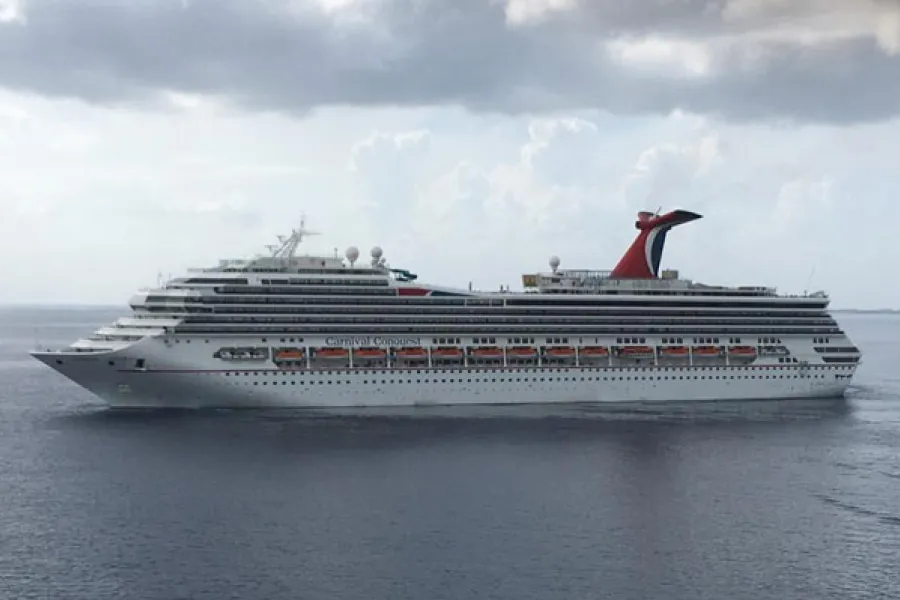
Carnival Cruise Line announced that it will impose $500 fines and additional detention costs for those found guilty of unruly behavior on board. The cruise line recently updated their guest code of conduct to reflect the new policy changes, reaffirming its ongoing commitment to keeping passengers safe and providing an excellent experience for all guests.
The change to the cruise line's code of conduct comes after several announcements reminding passengers to behave respectfully while on board and comes after several major altercations that have occurred in recent time.
"In line with our commitment to safety, disruptive behavior is not tolerated and any guest whose behavior affects the comfort, enjoyment, safety or well-being of other guests or crew will be disembarked at their own expense and banned from sailing on Carnival in the future.". Any violation of our Code of Conduct may result in a $500 fine and reimbursement of expenses incurred by Carnival as a result of the detention or disembarkation.”
The updated policy comes after a recent email from the company in August, which appealed to the better nature of their guests and reminded passengers of their expectations while on board. The remainder, which was added to the company's Know Before You Go email, states that "experience has taught that everyone has a better time when children are supervised, noise in the hallways is kept to a minimum, guests follow lines, and that community and neighborhood spirit everyone shows".

There have been several high-profile incidents recently that may have prompted Carnival to take such action. A nightclub brawl on the Carnival Magic saw several guests met by local police in New York back in June. In July, similar scenes unfolded on the Carnival Elation as it returned to Florida. Given the nature of cruise lines operating in remote areas, such altercations can cause potential guests to worry about their safety on board, so it is hoped that the amended code of conduct will provide peace of mind.
If found guilty of disorderly conduct, potential guests may be required to pay much more than the stated $500. Fees added on top can include the cost of calling local law enforcement, the cost of detaining passengers and docking fees – not to mention the extra money they'd have to spend booking last-minute flights and accommodation from wherever they're forced to disembark. The penalty itself is not automatic and a thorough investigation is likely to be carried out before it is charged to passengers.












